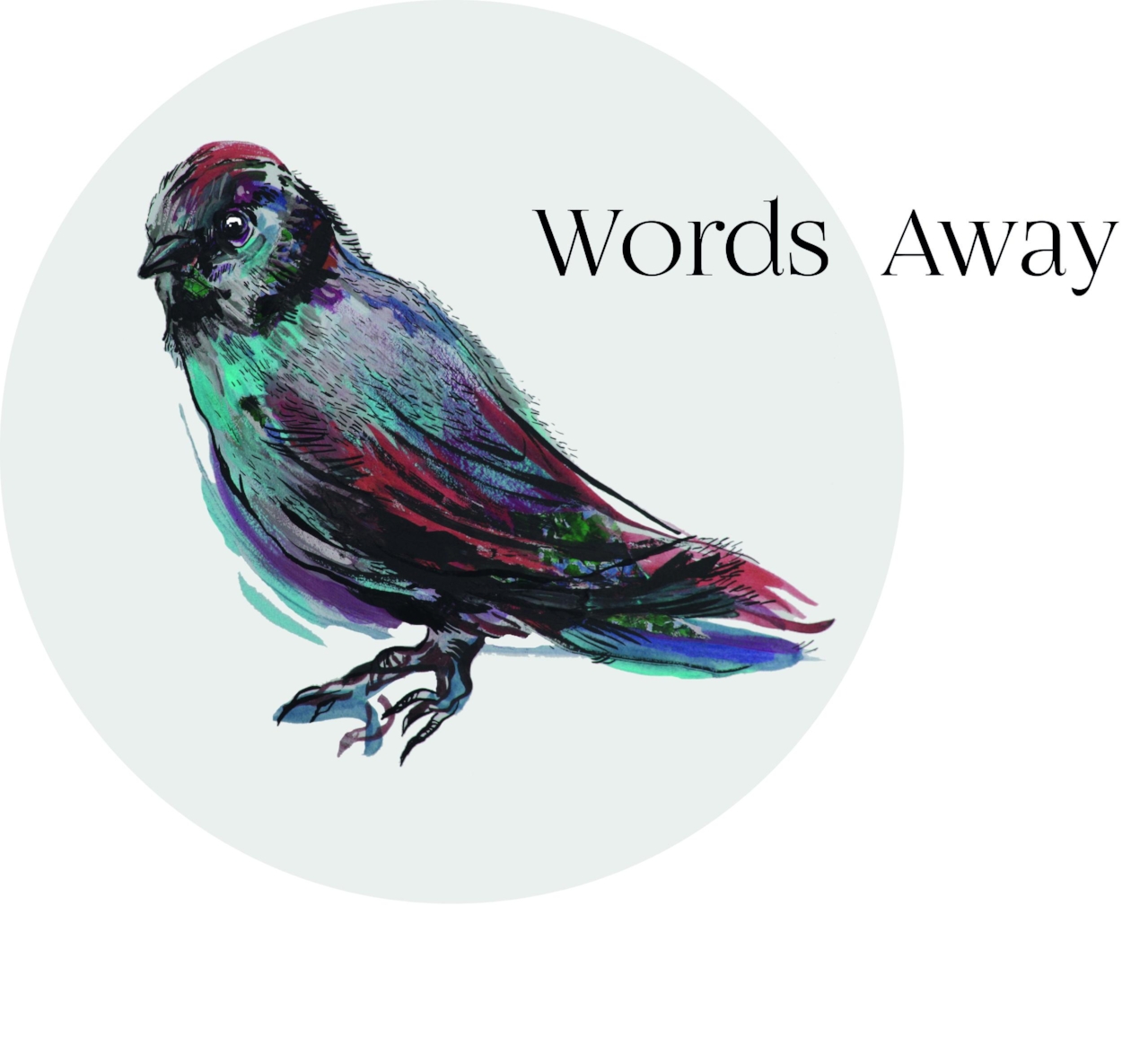Last month we caught up with Courttia Newland to discuss writing speculative fiction and the art of storytelling. One warm spring evening three years ago we were lucky to have Courttia as a salon guest at the Tea House Theatre. Since then he’s been busy writing for the stage and screen as well as producing a new novel, A River Called Time and a forthcoming collection of short stories, Cosmogramma. It was fascinating to hear how Courttia’s new novel, eighteen years in the making, evolved alongside his development as a writer.
Zaloning with Courttia Newland
Courttia defined speculative fiction as “literature that speculates in terms of the imagination.” It’s not as concerned with accuracy or known reality and can cross literary boundaries - think science fiction, surrealism, fantasy, horror and otherhood or a mixture of those things. He mentioned writers that might not necessarily be considered speculative fiction authors like Daphne Du Maurier, Shirley Jackson, Steven Millhauser, Rupert Thomson, Irenosen Okojie, Kelly Link and even E.M. Forster (see references below). A River Called Time resides in this category and explores the ‘what if’ question with gusto. The novel depicts an alternate world where slavery and colonisation never happened. African cosmology is the dominant religion and London, as we know it, no longer exists. He’s created a vast world, parallel worlds in fact, with scope to revisit some of the characters or settings.
Courttia’s process is to go with what feels natural, “…you don’t hurry a novel”! We loved hearing about the nuts and bolts of creating a big imaginative project like A River Called Time. Everyone wanted to know about the practical details of how he managed his material - from the initial spark and fusion of early ideas, to wrangling research and keeping the faith to finish the book without a guarantee of publication. After outlining and writing the first section of the novel very early on (around the time of his debut The Scholar in 1997) Courttia partially shelved the project for a long time. He thought it was good but never expected it to be published. He said that Part Two of the novel was the scariest section to write and for a long time he didn’t feel ready to meet the challenge. The lure of the material kept pulling him back. He talked about how gaining life experience played a part in his maturity as a writer and how he felt energised by co-writing Lovers Rock and Red White and Blue, two of the Small Axe anthology of films for TV - he knew he could fix any problems with the novel and finished it!
Courttia emphasised the importance of developing character in writing any fiction. “Landscape, environment and location are really only a reflection of the character’s thematic desires, emotional state and where they’re going in the story.” For example, how a character responds to the politics of their world says a lot, “we live our politics.” Landscape is always in service of what the character is doing and what the writer is trying to do and say. The emotional journey is vital too, “We all feel an emotion every second of the day and it drives our all actions from what we say, to what we eat and how we behave. If you are aware of that for your character then you’ll have that motor to get you through the scene - you’ll know where they’re going and what they’re doing and why.”
We also touched on story structure and the many different ways of telling stories beyond the often predictable trajectory of the three act structure of ‘the hero’s journey’. Courttia flagged up a short article by Steve Seager (link below). It’s a brief and brilliant introduction to the ways different cultures tell stories, including Scandinavian, Indian, Central African and Autochthonous narrative forms.
Thanks very much to Courttia for being such a candid and insightful guest and thanks too to everybody who came along and took part. It was a big day - I’d had my first covid jab a couple of hours before the event!
So it seems we’re heading the right way - as we ease out of lockdown Words Away is staying with the Zalon format for the time being. I’m going to take a break over the summer and we’ll see how the land lies later in the year. In the meantime coming up on Monday 19th April, I’m looking forward to discussing The Mother Land: writing the mother in fiction with Irish author Helen Cullen. On May 10 we’ll be discussing motivation and inspiration for creative writers with Claire Fuller. See the website for more information and to book a place. And finally if you’re interested in writing a memoir - on the 14th June we’ll be Zaloning with Nikesh Shukla! Hope you can join us soon!
Kellie
References:
Courttia Newland, Daphne Du Maurier, Shirley Jackson, The Machine Stops by E. M. Forster, Steven Millhauser, Rupert Thomson, Irensosen Okojie, Kelly Link, The Truman Show, The Projection of the Astral Body by Sylvan Muldoon and Hereward Carrington, Oliver Fox, The Carhullan Army by Sarah Hall, Beyond The Hero’s Journey: four innovative narrative models for digital story design by Steve Seager, The Carrier Bag Theory of Fiction by Ursula Le Guin, Three Act Structure - Aristotle, I’m No Longer Here - Netflix, Paul Auster, I Am Love featuring Tilda Swinton, Small Axe Anthology of Films directed by Steve McQueen including Lovers Rock, Red, White and Blue


